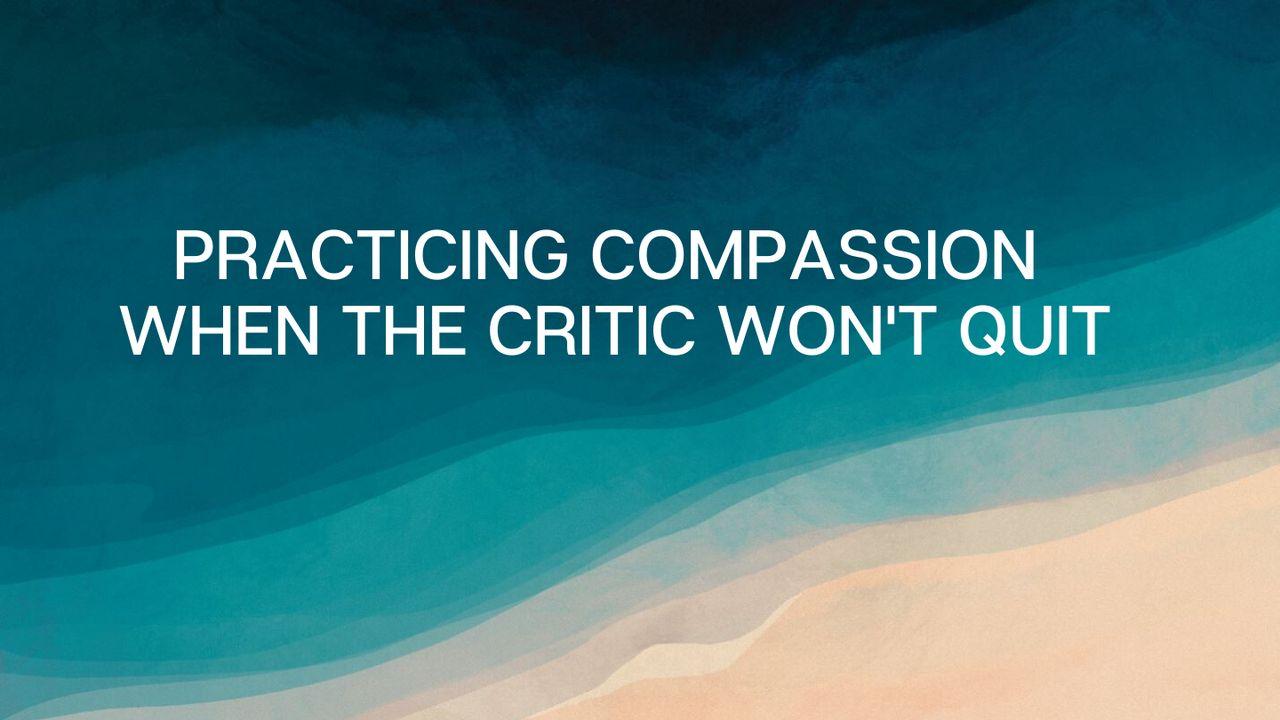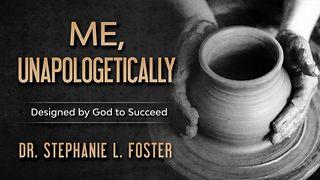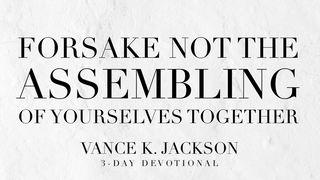Practicing Compassion When the Critic Won't QuitSample

Love Your Neighbor (and Yourself)
Emily,* a dear soul I counseled, sat in front of me and shared all the ways she felt as if she was failing God. I listened quietly—aching at the massive amount of shame she flung on herself with every sentence; knowing exactly what it’s like to feel that way.
Once she exhaled, I finally said, “Oh my, it sounds like you’re carrying an awfully heavy load.” I paused, letting my words hang for a moment. Then I continued, “I wonder if I could ask you a question.”
She waited, trying to gauge what I might say. Then she looked away as she said, “Yes, I suppose.”
Seeing my chance, I asked: “Do you think God would ever talk to you the way you’re talking to yourself?”
“Hmmm.” Her eyebrow raised as she considered my question. Her answer seemed to take an eternity, but as a therapist, I realized this is part of the process.
“I—I guess not. But still, I deserve to be talked to this way,” she told me.
“I see,” I said. “And I wonder, your best friend—the one you sat with last week when she was exhausted and sad—could you imagine yourself ever talking to her this way?”
“You mean Tara? Oh my goodness, what? Never!” she almost spat out. “I love her dearly.”
“What if you imagined borrowing just a little bit of the way that you love Tara. Could you perhaps let yourself feel that love too?” I asked.
Then I took Emily through a self-compassion exercise that helped her tap into the love she felt toward Tara and allowed her to direct that love toward her own experience. As she did so, Emily was beginning to embody Jesus’ call to “love your neighbor as yourself ” (Mark 12:31, emphasis mine). In Emily’s case, she already loved her “neighbor” (Tara). But to truly fulfill Jesus’ command, Emily was beginning to learn to love herself too.
What many of us subconsciously skip over is Jesus’ implicit call to love ourselves. Tucked within Mark 12:31 is an invitation for you and for me: to love ourselves so that we can more fully love others. Leave it to Jesus to identify and call us to the necessity of connecting to ourselves so that we have the capacity to love others.
What makes Jesus’ words even more beautiful is evidenced by neuroscience: We have to understand that though we can care for others when we don’t “love” ourselves, our ability to most fully resonate with the experience of another is intricately connected to our ability to be in tune with ourselves. Practically speaking, this means Jesus’ words have deep significance. When we attend to our internal worlds with all our wounds and brokenness, we actually have a deeper capacity to care for others.
May it be so.
*This is a fictional story based on various composite experiences I’ve had in the field of counseling.
About this Plan

Aundi Kolber, a licensed therapist and author of "Try Softer," will help you learn how to practice gentleness and attentiveness toward yourself in the way God is kind to you. Join Aundi and start to grow in self-compassion and quiet your inner critic. While trying softer won’t be perfect or easy, it will be worth it—because this is what we were made for: a living, feeling, connected, beautiful life.
More
We would like to thank Tyndale House Publishers for providing this plan. For more information, please visit: https://www.tyndale.com//p/try-softer/9781496439659









